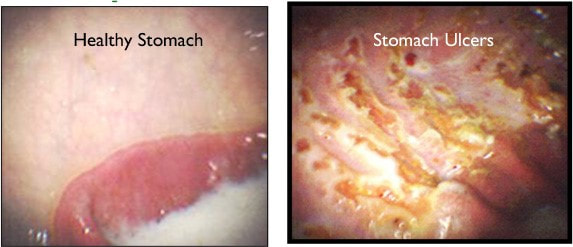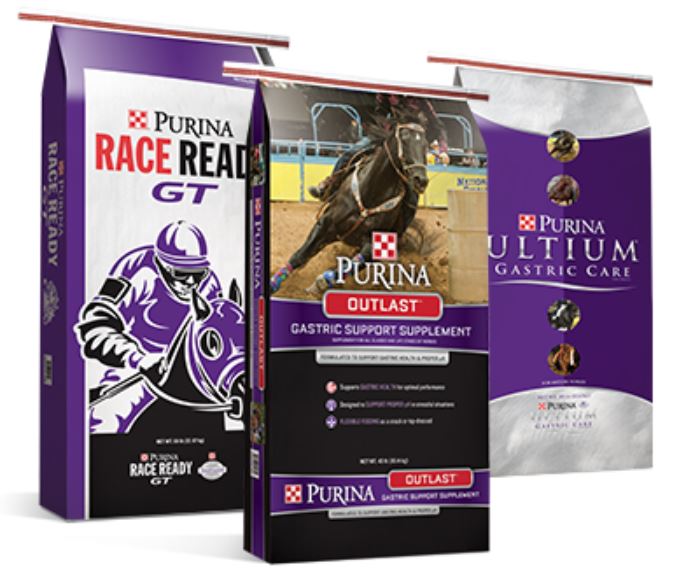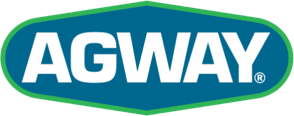Gastric ulcers also known as equine gastric ulcer syndrome (EGUS) are common in horses. Gastric ulcers are closely associated with performance horses such as racehorses but, shipping, illness, changing the horses’ routine such as housing, and any type of stress related actions can also be the cause. Clinical signs of EGUS include colic, poor appetite, weight loss, lower body condition score, and changes in attitude are common. Although colic can be an indicator of gastric ulcers it is unlikely to be the primary cause of abdominal pain.
Having your veterinarian do an endoscopy, also known as “scoping” on your horse is the preferred way to diagnose a horse suspected of having gastric ulcers. An endoscope is 10ft long with a camera at the end, some have a screen about the size of a smart phone or a computer that makes viewing the stomach easier. This allows the veterinarian to look inside the horses’ stomach to check for ulceration and look at the stomach lining. Always make sure that the horses stomach is empty before the endoscopy is done, this means fasting the horse for 12 hours. It’s always best to have your veterinarian come in the morning so your horse can have breakfast, they will be hungry!
If your horse has gastric ulcers the gold standard treatment is Gastrogard. Gastrogard is designed to treat gastric ulcers and you can only buy this product through a veterinarian. After the horse has been treated it is a good idea to prevent them from coming back. A great prevention medication is UlcerGard. UlcerGard is used in the prevention of gastric ulcers or Purina's new preventative supplement called Outlast™. Although there are many different gastric ulcer medications available over the counter UlcerGard and Outlast™ are proven with years of research to work. You do not need a prescription for UlcerGard or Outlast™, both products are sold at Butler Agway but priced very differently. UlcerGard is about $8.00/dose and Outlast™ is $1.00 per dose. They work in different ways as well. UlcerGard is an acid suppression therapy and Outlast™ buffers the horses' stomach. UlcerGard also comes in tube like a de-wormer and Outlast™ is a pelleted product mixed with alfalfa. So if you have a hard time getting near your horse with a tube, then Outlast™ might be an easier way to get your horse to consume a gastric preventative product. It is estimated that up to 90% of active horses experience gastric discomfort, affecting health, attitude and performance. Purina® Outlast™ Gastric Support Supplement is the latest innovation from Purina and is part of an overall gastric health program designed to aid equine gastric comfort and support horses that may develop gastric issues. Outlast™ Supplement contains a unique blend of ingredients to support proper pH, giving you and your horse the confidence to perform. Always remember if you think your horse may have gastric ulcers make sure to talk with your veterinarian and ask about having your horse scoped. They will provide more information and have a treatment program available for your horse.
To learn more about Outlast™ click here to watch the Outlast YouTube Video
Merial, Purina and Agway are 2017 & 2016 sponsors of WPRHA! WPRHA appreciates the support from these companies and we ask all our members to shop with them when they are looking for products.
To purchase these products please visit one of the Pittsburgh Agway stores and 'like' their Facebook page!
Butler Agway
Mount Nebo Agway
Eighty-Four Agway
Imperial Agway




 RSS Feed
RSS Feed